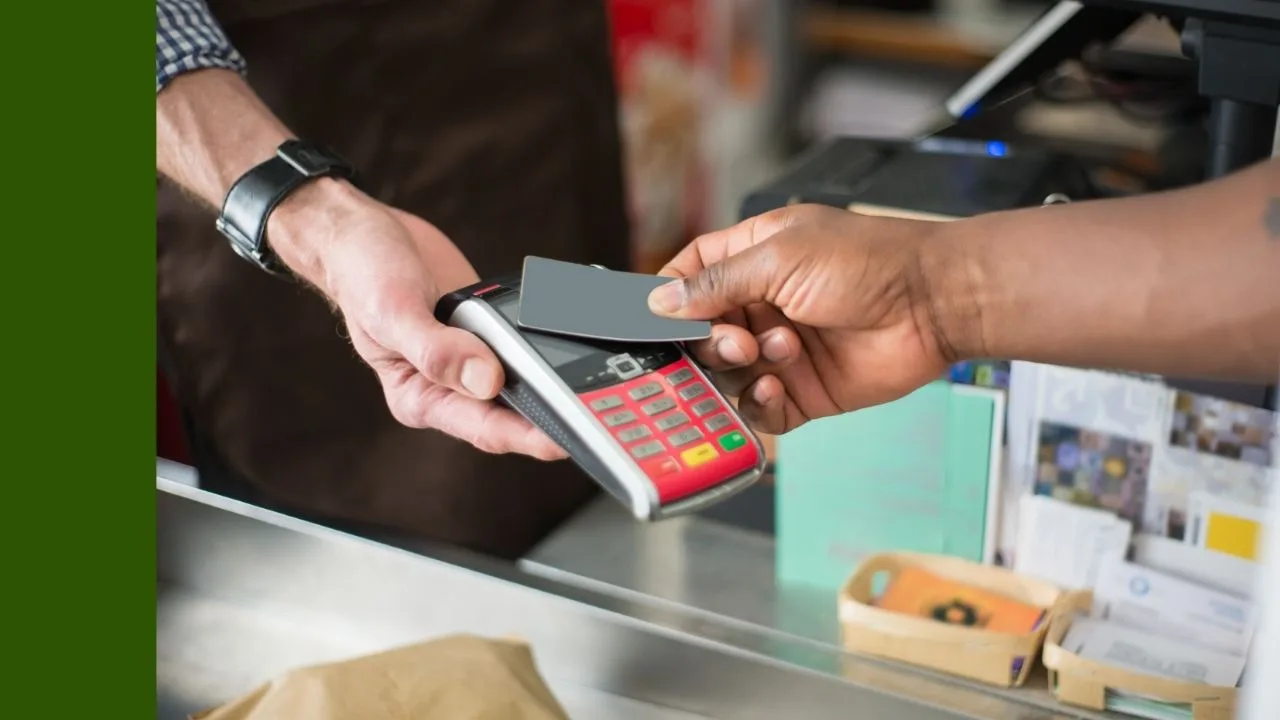The Qantas Airways Limited (ASX: QAN) share price has fallen today after announcing its first-half results.
Reopening delay weighed on earnings
Currently, the Qantas share price is down 4.02% to $5.14.
Key financial results for the half ending 31 December include:
- Revenue of $3.1 billion, up 32% year-on-year (YoY)
- Underlying EBITDA loss of $245 million, down from a positive $86 million result in the prior half
- Underlying loss before tax of $1.28 billion, down from a $1.01 billion loss in the prior half
Like Flight Centre Travel Group Ltd (ASX: FLT) who also reported today, the pandemic has significantly hit Qantas’ operations.
Domestic travel reached 42% of pre-pandemic capacity, impacted by the various strains of COVID-19 at the start and end of the half.
International travel was significantly subdued as Fortress Australia borders remained closed.
The uplift in revenue was largely a result of increased demand for Qantas freight and its Loyalty division.
Freight has been a natural hedge against traditional flying activities and is expected to remain elevated when travel resumes.
As a result, Qantas has allocated three new aircraft to the division to support its growth.
Overall, total flying was just 18% of pre-pandemic levels during the half.
Subsequently, earnings dipped back to negative territory.
Qantas had previously anticipated that travel would return more meaningfully during this half, and hence ramped out its capacity.
“The slow recovery in travel demand exacerbated stranded labour costs associated with the decision to stand up all Australian-based employees in December. This resulted in a temporary surplus of around 17 per cent of the Group’s workforce in quarter three”
When reopening was pushed further out due to Omicron, the business was left with extra restart costs, which weighed on earnings.
Leaner and meaner
Qantas has delivered $840 million in annual cost savings. It remains on track to reach its target of $900 million by the end of FY22.
Given the low-margin nature of the airlines, a $900 million cost-saving would have resulted in a 62% uplift in Qantas earnings before tax and interest in FY19.
The business has also added 15 new domestic routes as it capitalises on the restructure of major competitor Virgin.
To fortify its balance sheet, the business sold a parcel of land located near Sydney Airport for $802 million.
What next for the Qantas share price?
The Qantas share price will be buoyed by a return local and international travel.
From October to December, the airline reported three months of positive cash flow as forward bookings recover.
As a result, Qantas believes domestic travel will reach close to 100% of pre-pandemic capacity over the next six months.
International capacity is expected to reach 44% over the same period.









